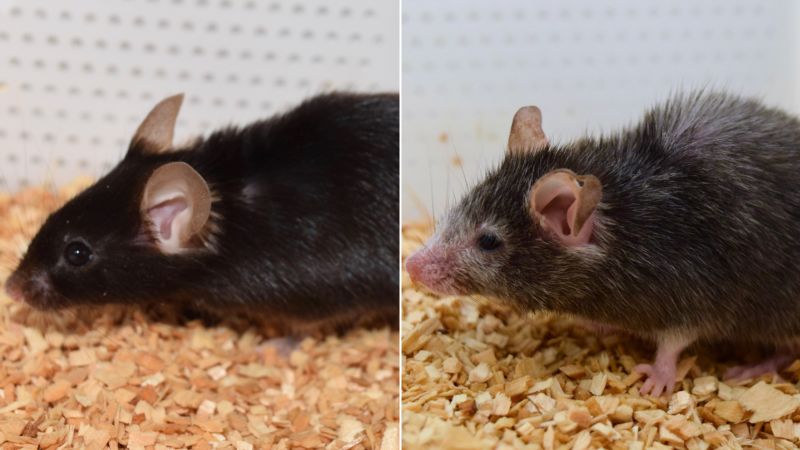
In a landmark study, researchers at Harvard University have reversed the aging process in mice by resetting their biological age through gene therapy. This breakthrough opens the door to revolutionary possibilities in human longevity and regenerative medicine.
In a striking advancement at the forefront of biomedical science, researchers from Harvard’s Sinclair Lab have successfully reversed aging in laboratory mice, restoring their cells and organs to a more youthful state. This achievement—once confined to the realm of science fiction—demonstrates the tangible potential of genetic and epigenetic reprogramming in combating the effects of aging.

The core of this breakthrough lies in the manipulation of the epigenetic clock—a biological system that governs gene expression and gradually degrades over time, leading to cellular aging and tissue decline. By introducing a specific trio of genes—Oct4, Sox2, and Klf4—scientists were able to prompt aged cells to revert to a younger biological state. Unlike other reprogramming methods that risk inducing tumor growth, this approach allowed for cellular rejuvenation without converting the cells into pluripotent, cancer-prone forms.
https://i.dailymail.co.uk/1s/2019/04/03/18/11820196-0-image-a-54_1554311065053.jpg
The results were profound. The mice that received treatment not only exhibited external markers of youthfulness but, according to molecular analysis, were biologically younger. Their tissues regenerated, cognitive functions improved, metabolic performance increased, and their susceptibility to age-related illnesses was significantly reduced.

This pioneering method suggests a future in which aging might be slowed—or even reversed—at the cellular level in humans. If adapted safely for clinical use, such therapy could revolutionize how we approach age-related diseases, organ degeneration, and the concept of longevity itself. It may one day become possible to extend not just the length of human life, but the quality of it—preserving vitality, strength, and mental acuity deep into old age.
Yet this scientific leap is not without philosophical and societal implications. As the boundaries of natural aging blur, questions emerge: Who will have access to such therapies? How might extended lifespans reshape social systems, economies, or intergenerational dynamics? Could aging become a choice rather than a certainty?
While these questions remain unanswered, the research from Harvard signals a profound shift in our understanding of biological time. The ability to reset the cellular clock marks a pivotal moment in the pursuit of regenerative medicine—one that may forever alter the trajectory of human health and aging.
Source:
Sinclair Lab, Harvard Medical School – As reported in 2024 research findings.
